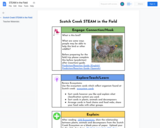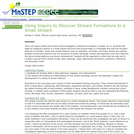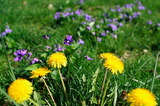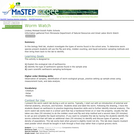
What do collapsed buildings, infected hospital patients, and crashed airplanes have in common? If you know the causes of these events and conditions, they can all be prevented.
In this course, you will learn how to use the TU Delft mind-set to investigate the causes of such events so you can prevent them in the future.
When, for instance, hundreds of hospital patients worldwide got infected after having gall bladder treatments, forensic engineering helped reveal how the design and use of the medical instruments could cause such widespread infections. As a result, changes were made to the instrument design and the procedural protocols in hospitals. Learning from failure in this case benefitted patient health and safety across the world.
After taking this course you will have an understanding of failures and the investigation processes used to find their causes. You will learn how to apply lessons gained from investigating previous failures into new designs and procedures.
- Subject:
- Applied Science
- Engineering
- Material Type:
- Full Course
- Provider:
- Delft University of Technology
- Provider Set:
- TU Delft OpenCourseWare
- Author:
- Arjo Loeve
- Karel Terwel
- Michiel Schuurman
- Date Added:
- 07/25/2018



